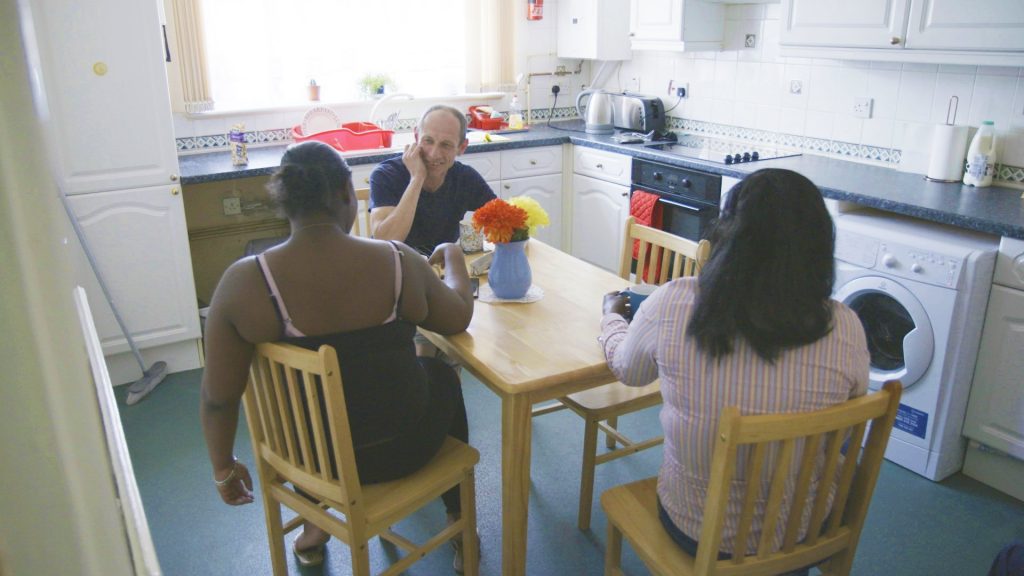
Making the Case report into Peer Landlord and a Supportive Shared Housing approach released
The Commonweal funded Making the Case report into supportive shared housing and the Peer Landlord model in particular has been released. Written by leading independent housing experts Heather Petch and John Perry, the report details how the model is effective in ending and preventing homelessness in certain low needs demographics. The report found that the Peer Landlord structure of shared housing breaks the cycle of homelessness by providing good accommodation in a supportive rather than supported housing model. This allows people to effectively remain in education, employment or training. As Heather and John concluded, “We strongly encourage other organisations and providers to review the experience with PL and consider adopting and adapting it themselves”.
The Peer Landlord project has been running since 2011 and is now into the replication phase. Peer Landlord was developed in partnership with leading homelessness charity Thames Reach and Catch 22, a youth focussed social business, with Commonweal providing the housing. It is also currently being replicated and adapted by fostering and adoption charity TACT alongside Cross Keys Homes in Peterborough. The project is a shared housing model, with tenant taking on the role of a Peer Landlord. This person manages the running of the household including low level general household maintenance but primarily provides the key link with the landlord and a positive role model within the house.
The Making the Case report found that the Peer Landlord model helped people in this demographic off the streets and into appropriate accommodation that had an aspirational effect, with the potential of unlocking further types of accommodation for single people on low incomes. Making the Case also states that the model has the potential of preventing homelessness in certain groups, for example, care leavers or those leaving prison.
The report has been created from interviews with service users as well as management at the three organisations taking part. It takes into account the recent changes to housing policy and benefits, and how these effect people’s abilities to remain in secure housing while also pursuing education, employment or training. The report evaluates how a supportive shared housing approach via a Peer Landlord model can have a positive effect on addressing some of these issues.
The full report can be read here. Find out more about Peer Landlord here.
If you’re interested in replicating Peer Landlord, please email rebeccad@commonweal.org.uk to get more information.
